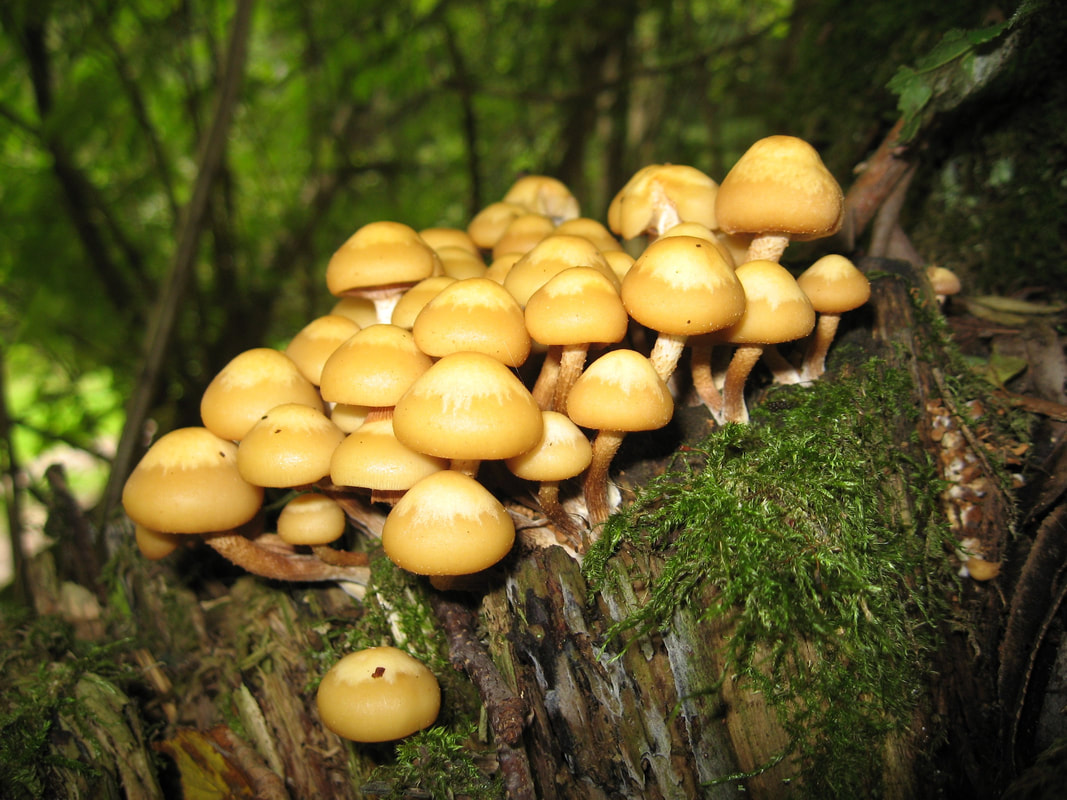Woven Threads - Handcrafted Ceremonies Chris Lafazanos, Ceremony Guide & Reiki Practitioner
[email protected] 519-823-0038
Based in Guelph, serving surrounding areas including Elora, Fergus, Kitchener, Waterloo, Cambridge, Hamilton, and Toronto.
Home | Weddings | Funerals | Milestones | About | Contact | Reiki
[email protected] 519-823-0038
Based in Guelph, serving surrounding areas including Elora, Fergus, Kitchener, Waterloo, Cambridge, Hamilton, and Toronto.
Home | Weddings | Funerals | Milestones | About | Contact | Reiki


 RSS Feed
RSS Feed